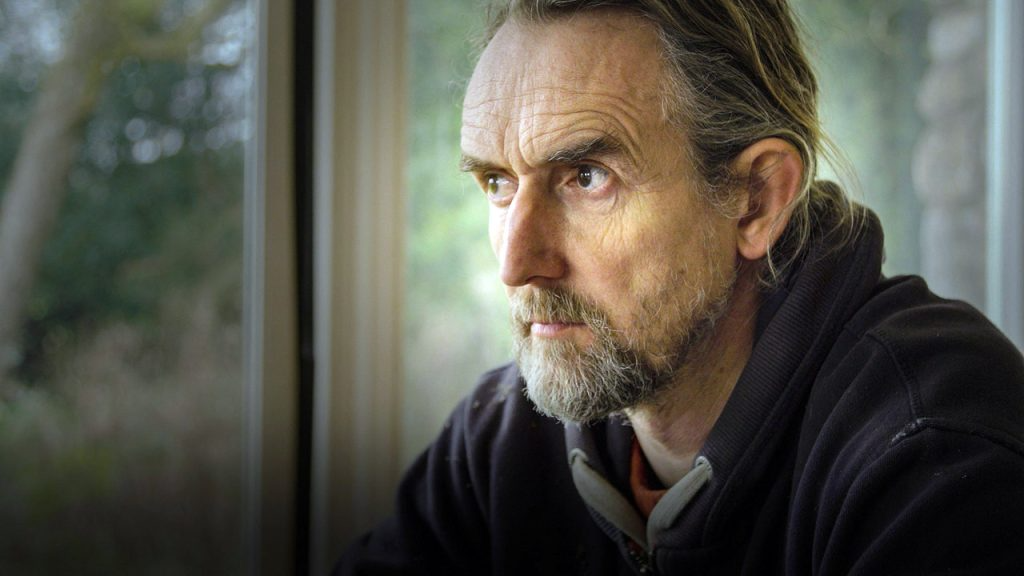🎭 It’s the Culture, Stupid: Why the Populist Right Will Fail
The climate activist movements that follow Extinction Rebellion and Just Stop Oil must face complex questions of power, decision making and culture head on.

This article was originally published in The Ecologist.
Justin Rowlatt, the BBC’s environment correspondent, recently sent me a bunch of questions about the winding down of Just Stop Oil’s direct action operations. I wrote back to say that the most important thing about JSO was its culture of respect, service, and trust.
This was the goose that laid the golden eggs of sustained mass civil disobedience. Unsurprisingly, even though I am a co-founder and coordinated the dramatic mobilisation of the organisation, this key point did not find its way into his report.
What really creates success is largely invisible. When I was doing my years of research at King’s College on the dynamics of mobilisation, I was amazed at how little attention there was in politics on culture as opposed to power.
Proactively
The fact is, however, that culture trumps power. Nowhere is this seen more clearly than on the populist right.
There’s a widespread defeatist assumption in progressive circles that the domination of the far right is now a foregone conclusion — with Donald Trump's second term as president in the US, and Nigel Farage’s massive surge in the recent council elections in the UK.
I totally disagree. As usual, people on the left tend to buy into the right’s frame and worldview — and then unsurprisingly conclude it’s all hopeless.
In my view, the reason why Extinction Rebellion and then Just Stop Oil became social movements involving tens of thousands of people was because of proactively designed, pro-social cultures.
Some readers may remember that before these organisations emerged, direct action groups rarely grew to a large size.

Serving
Actions involved a few dozen people, occasionally a few hundred. The networks were closed, highly ideological, and lacked diversity — mainly just young, middle-class people.
To build a movement, you need a systematic, outward-facing mobilisation strategy that goes directly to the public across the country, via public meetings, assemblies, and social media.
As ever, it’s the small things that count: being welcomed at the door; splitting into small groups for a chat; clear options for further action.
Basically, people need to be nice. “Nice” is a terribly vague word, but we all know what it means.
There needs to be check-ins at the start of meetings. People don’t want to be interrupted, shamed, or pushed out. There needs to be a clear moral code: serving the good, rather than grasping for power.
Machiavellian
People need to work in teams where everyone is respected and things are done together. Organisers need to be appreciative, supportive, and show their vulnerability when they mess up.
The key to success here is respectful, team-based organisational cultures.
It’s not about telling people what to do all the time — not micro-management.
Of course, and I would be the first to say, XR and JSO were far from perfect. But this isn’t about abstract utopianism. It’s about the ordinary, everyday things that ordinary people really like, things they don’t experience in most workplaces or political organisations.
And this is where the "nasty" parties lose out. Their cultures rely on strict hierarchies of control, which is why they tend to need a single, indispensable, all-powerful leader: a Farage or a Trump. Without them, it falls apart.
Second, believing that all that exists is “power”, far-right parties are full of Machiavellian backstabbing and all that nasty stuff normal people hate.
Fragility
It’s no surprise that such spaces attract dodgy people — the corrupt and power-crazy — and so they get brought down by scandals and criminality.
The underlying issue is: these people do not know how to work together.
Teams have been shown to outperform rigid hierarchies again and again. See the book The Culture Code for a survey of the literature.
In far-right, top-down cultures, the default motivator is fear, not cooperation. These parties are dominated by men of my own generation: men over 50 who, to be blunt, have few social skills and even less ability to deal constructively with conflict. We all know the types!
This is a recipe for internal fragility and external failure. You cannot run a council, never mind a country, with the culture of the strongman. And lying all the time only gets you so far. As Trump is finding out.
Mutual
Of course, all this applies to conventional politics as a whole. You only have to watch the documentary, The Labour Files, to see how power corrupts. But the far right is the extreme case.
Many of us sense a massive opportunity to create a left populist alternative not just in the UK but across the Western world. We can already see early discussions happening in the Green Party and among those associated with Jeremy Corbyn, the socialist MP and former leader of the Labour party.
But the key to success here is not just policies and messaging — vital as they are — but respectful, team-based organisational cultures.
In some ways, I think that as former XR and JSO people bring this culture into wider local communities and green/left networks, they could have a dramatically positive influence, far greater than their numbers suggest.
A similar thing happened when the organisational skills and ethical standards of the Methodists were brought into working-class political and mutual aid projects in the 19th century.

Power
We have to realise people need attention — and to be treated well. Most people care more about community than power. They want to play their part in social and political life, but are endlessly put off by anti-social and unethical behaviour.
This cannot be left to chance. Ethical and community values must be explicit, and systematically communicated through: inductions; trainings; reviews.
If a new movement-party project can do this, it will attract not just thousands, but millions. Beyond the “politically homeless” on the Left, there are even more people who are “socially homeless”.
The deep paradox here is: by being less obsessed with power and more focused on culture, we can attract these people into mass movements — which in turn enables us to take real political power, as the radical right inevitably messes up.
It’s not just about being nice — it’s smart strategy.
Transformative
That said, we need to get a move on. We need leadership and initiative. Time is short.
Unless we provide a real alternative, when the Farages and Trumps of this world fail, they will be replaced by real fascists who use political violence. And then it will be game over.
The underlying principle in designing this project is ecology — the creation of connectivity. And I say this not just because this article is written for The Ecologist magazine.
We have to understand just how radical and transformative this way of seeing the world can be. In my next articles, I’ll show how vigorous ecological thinking can help us design, grow, and succeed with the big social movements we need.
Next time, I’ll explore the critical issue of structure and decision-making.
As always, you can sign up for nonviolent civil resistance with the A22 Network internationally.
